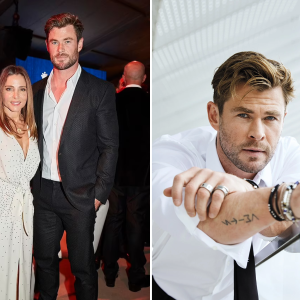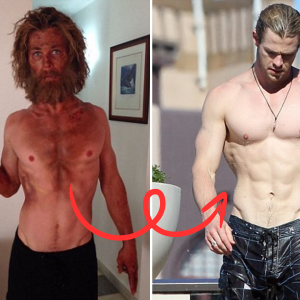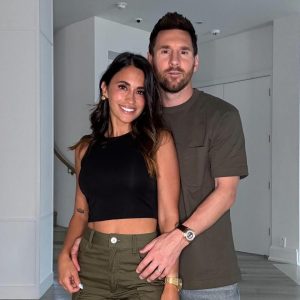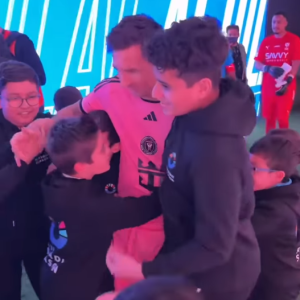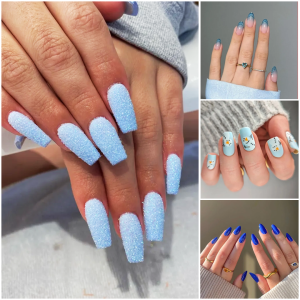
Hollywood’s top music label Universal Music Group (UMG) and TikTok agreed to a new licensing agreement following a months-long dispute that eliminated the songs of top artists, including Taylor Swift, Drake, Justin Bieber, and Adele, among others, from the platform.
Early Thursday, Universal said it struck a joint agreement with the social media company. In a press release, the label described the deal as a “new era of strategic collaboration … built on a shared commitment to help UMG’s artists and songwriters achieve their creative and commercial potential.”
TikTok CEO Shou Chew said in the release that the company is “committed to working together to drive value, discovery and promotion for all of UMG’s amazing artists and songwriters, and deepen their ability to grow, connect and engage with the TikTok community.”
The two entities said they’re “working expeditiously” to return the music of artists and songwriters represented by UMG “in due course.” Various artists had broken the ban early, such as Taylor Swift, whose music returned to TikTok ahead of the debut of her new album, “The Tortured Poets Department.”
Prior to the deal, UMG slammed TikTok, owned by China’s ByteDance, in a fiery open letter to artists in January, accusing the platform of bullying tactics to stronghold the label into accepting an unfair deal.
UMG had been pressing the social media giant on three critical issues — appropriate compensation for artists and songwriters, protections from artificial intelligence, and online safety for TikTok users.
As part of the new agreement, both companies said they will work together to enhance new monetization opportunities through TikTok’s growing e-commerce platform, in addition to working on campaigns to support UMG’s artists across genres and territories across the globe.
The companies also addressed artificial intelligence, which has quickly turned into a complicated headache for the music industry.
On the one hand, artists and companies like Universal are trying to figure out how to utilize the technology known as generative AI to produce content. On the other, companies must navigate how to protect the work and earnings of artists with whom they have relationships.
As part of the agreement, the companies said they would ensure that “AI development across the music industry will protect human artistry and the economics that flow to those artists and songwriters.”
TikTok said it will also remove unauthorized AI-generated music from the platform, as well as employing tools to improve artist and songwriter attribution.
TikTok is currently at the center of a bipartisan political battle after President Biden signed new legislation that will ban the app in the US unless ByteDance divests its ownership stake.
TikTok said it will file a lawsuit to block the new legislation, but if that fails, a ban could come as early as January 2025.
